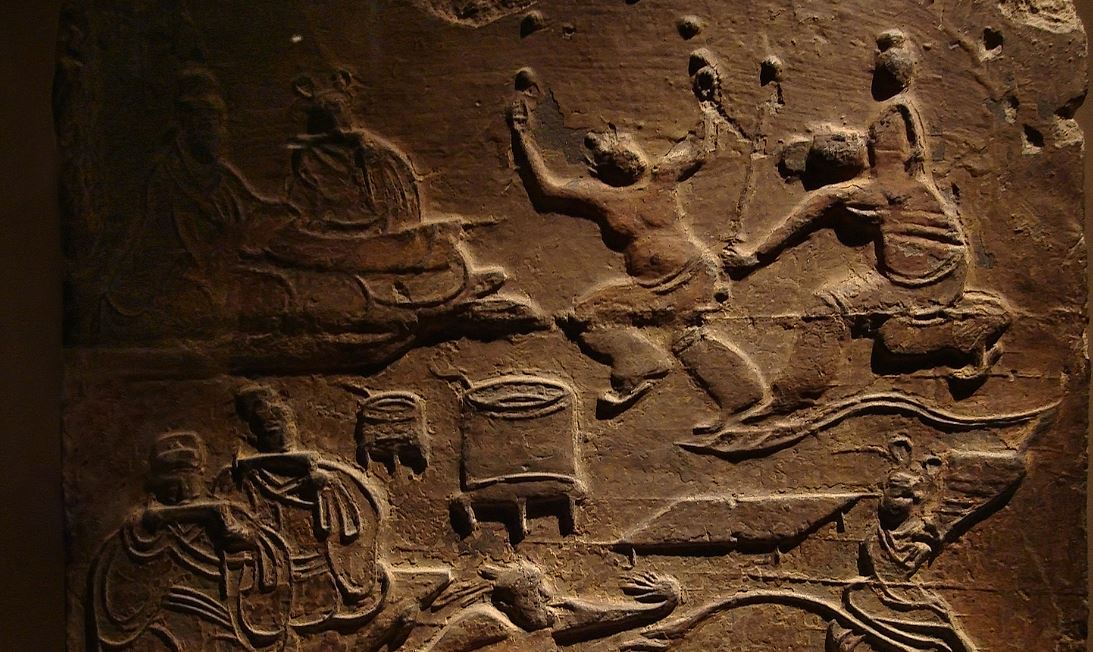According to a China Daily report, the lower parts of a flush toilet estimated to be 2,400 years old have been uncovered in northwestern China’s ancient city of Yueyang. The toilet consists of a bowl, which was situated indoors, and a pipe that led to an outdoor pit.
Servants are thought to have poured water into the bowl every time it was used, explained Liu Rui of the Chinese Academy of Social Sciences. Liu and his colleagues are not sure what the upper half of the toilet looked like, or if the user was able to sit on it. Carved images of toilets dated to the Western Han Dynasty (206 B.D.–A.D. 9) suggest that users probably squatted over the bowl.
The palace where the toilet was found is thought to have been used for administrative purposes by Qin Xiaogong, who ruled from 381 to 338 B.C.; his father, Qin Xian’gong, who ruled from 424 to 362 B.C.; or Liu Bang, the first emperor of the Han Dynasty (206 B.C. to A.D. 220).
source archaeology.org
feature image archive
Ask me anything
Explore related questions





